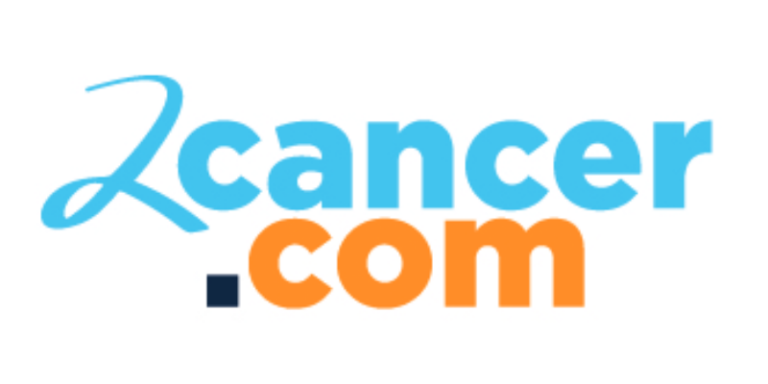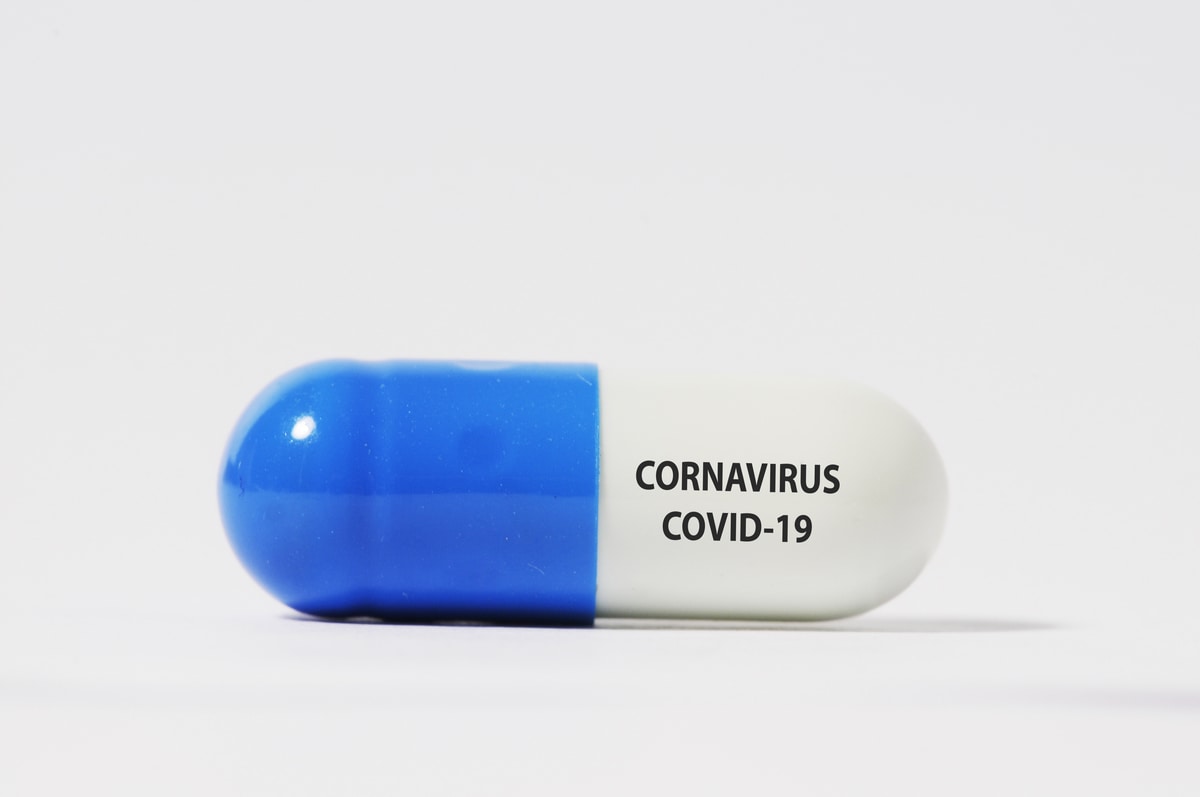FDA Has Not Approved Chloroquine to Treat Covid-19
You knew it was going to happen. As soon as President Trump said chloroquine was a “game-changer,” you knew someone was going to try the malaria drug to protect themselves from the coronavirus.
You knew it would not end well. … And it did not. A 68-year-old man in Arizona swigged chloroquine phosphate – used in a type of aquarium cleaner – and died. His 61-year-old wife did too, but she is recovering. [1]
“We saw Trump on TV — every channel — and all of his buddies and that this was safe,” the woman told NBC News. “Trump kept saying it was basically pretty much a cure.”
Asked what her message was to the public, she said: “Oh my God, don’t take anything. Don’t believe anything that the president says and his people … call your doctor.”
Trump had touted the drug as a “very powerful” treatment for the coronavirus (COVID-19). He also claimed – falsely – that the Food and Drug Administration has approved chloroquine, or hydroxychloroquine, for treatment of the virus.
“It’s shown very encouraging – very, very encouraging early results,” Trump said. “And we’re going to be able to make that drug available almost immediately. And that’s where the FDA has been so great. They’ve gone through the approval process; it’s been approved. And they did it, they took it down from many, many months to immediate. So, we’re going to be able to make that drug available by prescription or states.”
However, the FDA issued a statement to the contrary: [2]
“The FDA has been working closely with other government agencies and academic centers that are investigating the use of the drug chloroquine, which is already approved for treating malaria, lupus and rheumatoid arthritis, to determine whether it can be used to treat patients with mild-to-moderate COVID-19 to potentially reduce the duration of symptoms, as well as viral shedding, which can help prevent the spread of disease. Studies are underway to determine the efficacy in using chloroquine to treat COVID-19.
“While there are no FDA-approved therapeutics or drugs to treat, cure or prevent COVID-19, there are several FDA-approved treatments that may help ease the symptoms from a supportive care perspective.”
FDA Commissioner Dr. Stephen Hahn also tugged on the reins. He tweeted: [3]
“The chloroquine phosphate used for treating aquarium fish is not the same as the FDA-approved chloroquine being studied as a possible treatment for #COVID19. Do not take any form of chloroquine unless prescribed to you by a health care provider & obtained from legitimate sources.
“We want to warn consumers that this product sold to treat parasites in aquarium fish and may have adverse effects, including serious illness or death, when taken by people.”
Clinical Trials > Case Reports
How did chloroquine become the “magic bullet” against COVID-19? A report – Chloroquine for the 2019 novel coronavirus SARS-CoV-2 – in the International Journal of Antimicrobial Agents recalled a small French study of people with the novel coronavirus. “We had 20 years ago proposed to systematically test chloroquine in viral infections because it had been shown to be effective in vitro against a broad range of viruses,” Prof. Philippe Colson wrote. [4]
In vitro means the research is test-tube experiments – not in animals or humans.
In those French patients, the load of SARS-CoV-2, the virus responsible for COVID-19, in their blood dropped after they received the medications. In China, another study of about 100 patients reported some success in using [chloroquine and azithromycin] to reduce the viral load in patients.
However, there is scant evidence about how either chloroquine or azithromycin works against a coronavirus. The studies from China and France were not randomized clinical trials. The data came from case reports, which cannot account for health histories that could skew the results.
White House Coronavirus Task Force member Dr. Anthony Fauci, the director of the National Institute of Allergy and Infectious Diseases, notes data on chloroquine “was not done in a controlled clinical trial. So, you really can’t make any definitive statement about it.”
CDC recommendations regarding COVID-19
There is not a vaccine to prevent or treat the coronavirus. However, the Center for Disease Control notes the disease spreads mainly from person-to-person. Practice social distancing – about 6 feet – since the virus is transmitted through droplets when an infected person coughs or sneezes, then inhaled into the lungs. [5]
We’ve also heard it, even giggled at the social media memes: Wash your hands – with soap and water for at least 20 seconds. Soaping up is especially true after you’ve been out and about, coughing, sneezing, or blowing your nose. If you must use hand sanitizer, be sure it contains at least 60% alcohol. Also, try not to touch your eyes, mouth, or nose with dirty hands.
If you’re sick, stay at home – unless you’re headed to get medical help. And in that case, call before you get care. The hospitals have specific guidelines as well as do’s and don’ts at the care facilities.
Most COVID-19 cases are mild, and people recover at home without seeing a doctor. However, get medical care if you have trouble breathing – but try to avoid public transportation, Uber, Lyft, or taxis.
No less than 35 companies and academic institutions are working to create a coronavirus vaccine. Still, clinical development is a lengthy three-phase process:
- Phase 1: small groups of people are given the trial vaccine.
- Phase 2: the study is expanded, targeting those of similar age and health to the vaccine’s intended population.
- Phase 3: if successful, thousands of people are administered the vaccine to test efficacy and safety.
Remember: This is not the time to panic. Yes, the pandemic has turned our daily lives upside down. But the scientists, researchers, doctors – the entire medical profession – is working to address the coronavirus. And rest assured, there will be a proven, science-based solution.
Citations
[1] Man dies after taking chloroquine in an attempt to prevent coronavirus. https://www.nbcnews.com/health/health-news/man-dies-after-ingesting-chloroquine-attempt-prevent-coronavirus-n1167166
[2] Coronavirus (COVID-19) Update: FDA Continues to Facilitate Development of Treatments. https://www.fda.gov/news-events/press-announcements/coronavirus-covid-19-update-fda-continues-facilitate-development-treatments
[3] @SteveFDA on Twitter. https://twitter.com/SteveFDA/status/1242916419542618113
[4] Chloroquine for the 2019 novel coronavirus SARS-CoV-2. https://www.sciencedirect.com/science/article/pii/S0924857920300662#!
[5] Coronavirus (COVID-19). https://www.cdc.gov/coronavirus/2019-ncov/index.html

